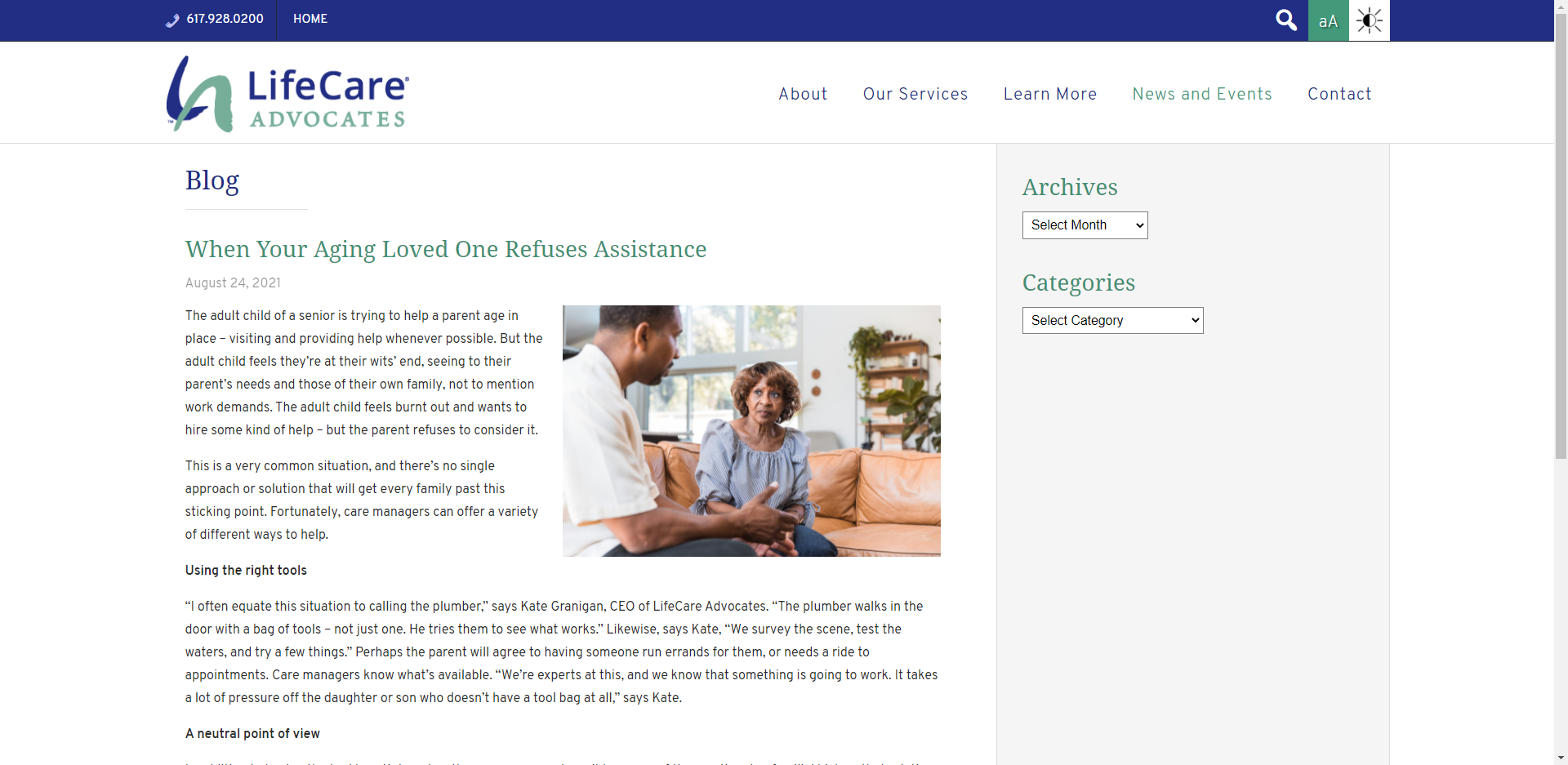The question of whether or not to have one parent stop working to provide childcare is a difficult one for many families. The lifestyle we want for our families is all about choices and priorities. There is no right or wrong choice. There is no right or wrong priority. This is one of the the beauties of life: we all get to decide what will make us and our families happy.
For some, having one parent stay home may mean foregoing certain lifestyle choices (a smaller house, living in a more remote area, lower vacation budget, etc. etc.). On the flip side we may prioritize being in a certain town for our children’s education, or, the fact that both parents simply enjoy their career and the work they do. One size does not fit all, everyone’s situation is different. If we are fortunate enough for this to be a choice, as opposed to the choice being made for us (if you simply couldn’t afford to provide your family with the basic necessities of life on one income), we each get to pick our own path.
There are so many factors that go into the decision of how we balance work and childcare. For example, living near family who can provide support and emergency coverage makes it easier for some. However, the financial component of it tends to be one that is analyzed in the short term, and often with limited data points.
The cost of leaving a career to care for your children is much more than a parent’s lost take home pay. How do you account for the opportunity cost of leaving the workforce for an extended period of time?
When analyzing the financial impact of this decision you must take into consideration the long term impact of missed opportunities for career development and potential missed promotions. What is the projected path of your income staying in the workforce? It isn’t necessarily a straight-line progression that is easy to calculate the loss on. How marketable will you be after an extended absence from your industry?
Other financial costs include the impact on our retirement savings. Not only do we lose the ability to save tax-deferred dollars of the non-working spouse and the growth on those savings, there are potential losses of employer retirement contributions as well. The loss of years paying into social security can impact the eventual benefit received. With only one income, are we more likely to also limit retirement savings of the working spouse in order to enjoy shorter term lifestyle choices? What about healthcare? We are now limited to only the working spouse’s health insurance plan options.
While the financial impact is only one factor in making this decision, when you analyze it make sure you are thinking about more than just the lost take home pay this year vs. the cost of childcare.
If you are interested, the link below from The Center from American Progress is to an article outlining the impact of these hidden costs on lower income families.
https://www.americanprogress.org/issues/early-childhood/report/2016/06/21/139731/calculating-the-hidden-cost-of-interrupting-a-career-for-child-care/








